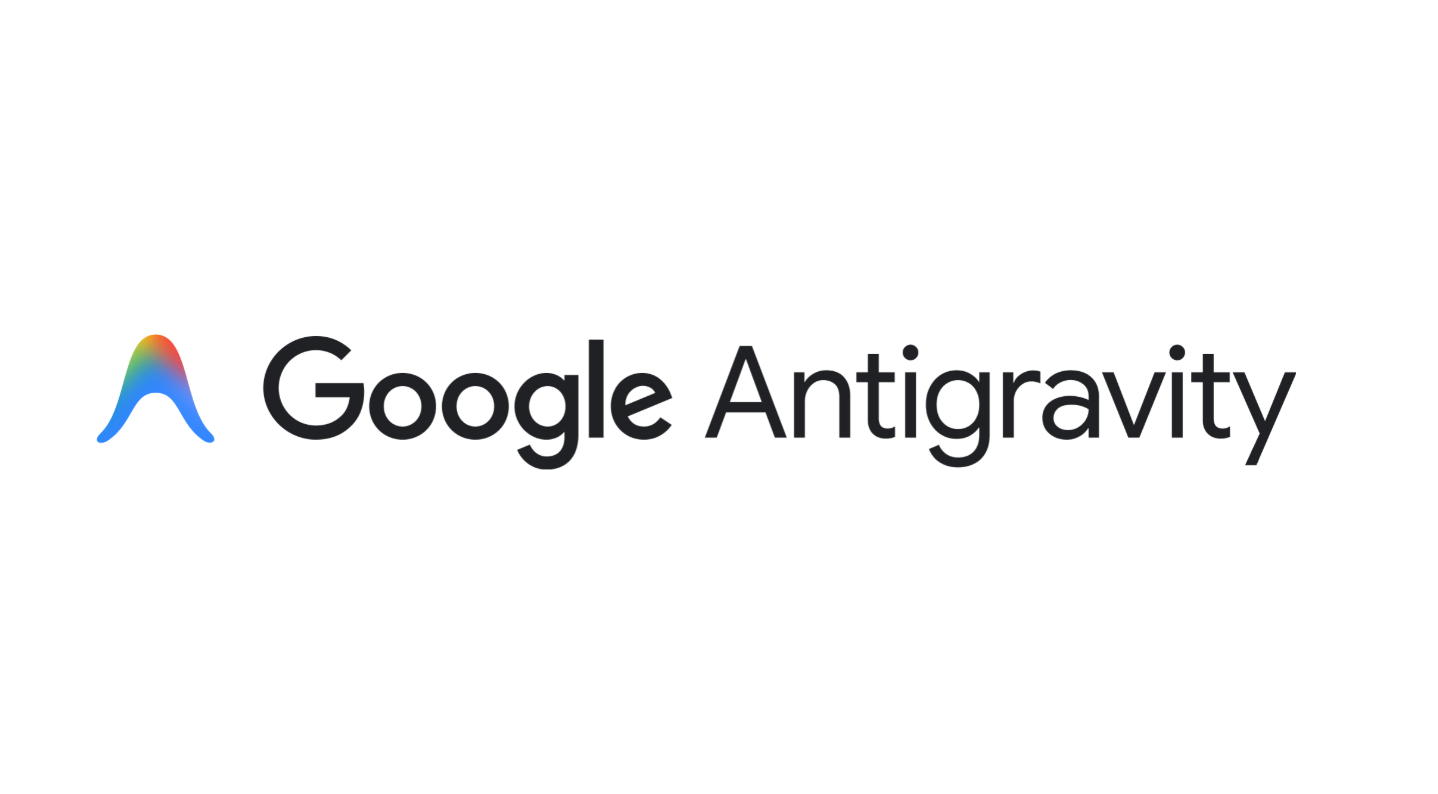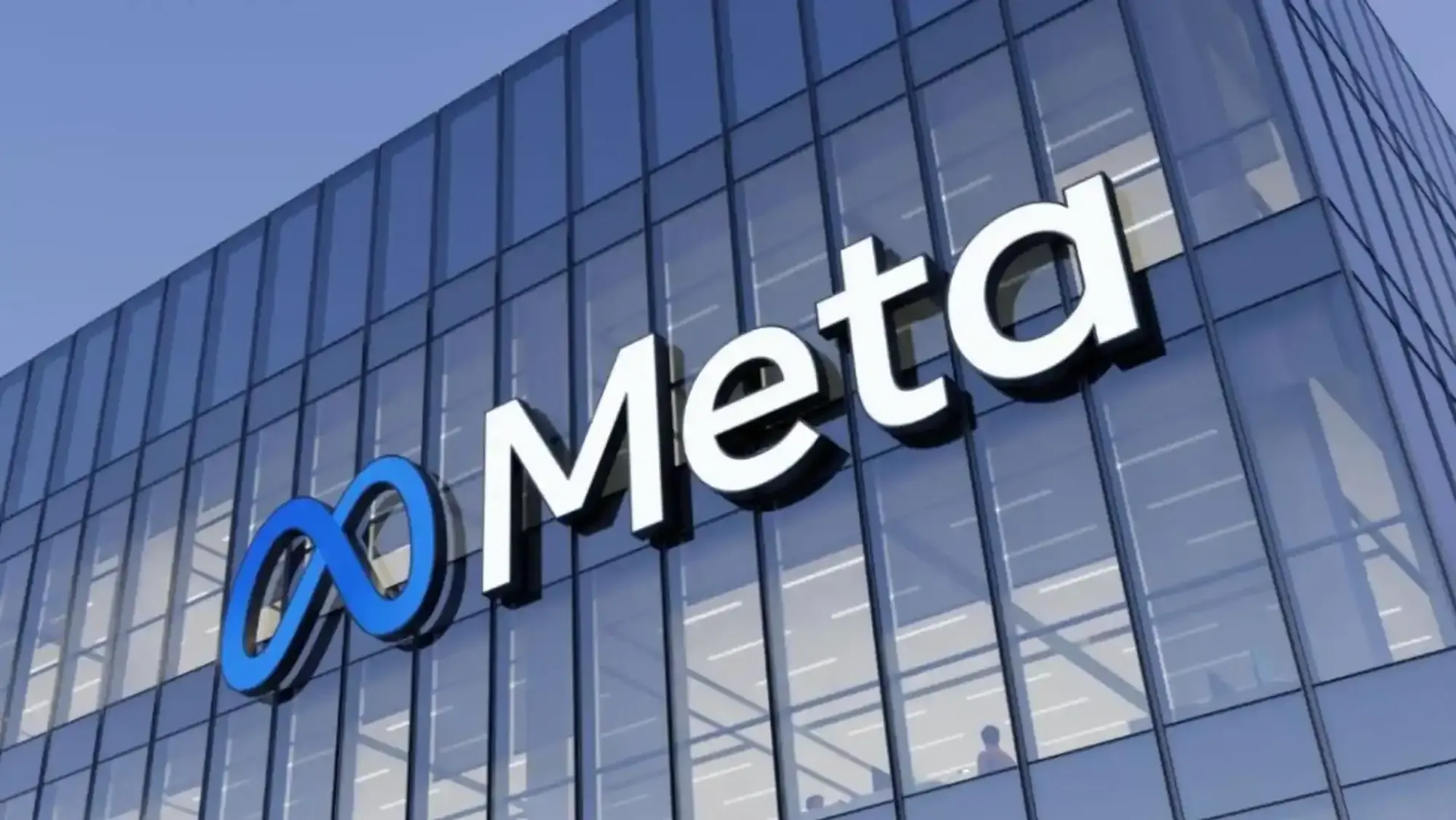Tech giant unveils revolutionary agentic development platform alongside Gemini 3 model, reimagining how developers code in the AI era
November 18, 2025 — Google has announced the launch of Antigravity, a groundbreaking agentic development platform that marks a significant shift in how developers interact with artificial intelligence. Released alongside the company’s latest Gemini 3 model, Antigravity is now available as a free public preview for macOS, Windows, and Linux users.
A New Era of Agent-First Development
Unlike traditional coding assistants that merely suggest completions or answer questions, Antigravity reimagines the integrated development environment (IDE) from an agent-first perspective. The platform enables developers to delegate complex, end-to-end software tasks to autonomous agents that can plan, execute, and verify their own work across multiple interfaces simultaneously.
“We realized that LLMs have really fundamentally changed how people code and how we build software, how we bring ideas to life,” said Koray Kavukcuoglu, CTO of DeepMind and Google’s Chief AI Architect. The goal is to allow developers to “operate at a higher, task-oriented level by managing agents across workspaces, while retaining a familiar AI IDE experience at its core.”
How Antigravity Works
Antigravity introduces a novel three-surface architecture that distinguishes it from competitors like Cursor, Claude Code, and Windsurf. The platform provides:
Editor View: A familiar, high-performance coding environment similar to VS Code that allows developers to write and review code traditionally.
Manager View: A dedicated agent interface where developers can spawn multiple autonomous agents that work asynchronously across different workspaces, handling time-consuming tasks like background research or testing.
Browser Integration: Deep integration with Chrome through a new extension, allowing agents to directly test and validate the web applications they build in real-time.
This separation enables developers to delegate routine work to agents while focusing on high-level architectural decisions, fundamentally changing the workflow from writing code line-by-line to orchestrating intelligent agents.
Building Trust Through “Artifacts”
One of Antigravity’s most innovative features addresses a critical challenge in autonomous AI systems: trust. Rather than showing users either every single action an agent takes or only the final code output, Antigravity generates what Google calls “Artifacts” — deliverables that include task lists, implementation plans, screenshots, and browser recordings.
These artifacts provide a middle ground that allows developers to verify agent behavior without being overwhelmed by technical details. Agents also thoroughly verify their own work by running applications inside Chrome and presenting walkthroughs of the final product.
Developers can provide feedback directly on these artifacts through Google Docs-style comments, and agents incorporate this input without interrupting ongoing work. Over time, agents learn from this feedback by maintaining an internal knowledge base of successful approaches.
Multi-Model Support and Accessibility
While built to showcase Google’s Gemini 3 Pro capabilities, Antigravity supports multiple AI models, including Anthropic’s Claude Sonnet 4.5 and OpenAI’s open-weight GPT-OSS models. This flexibility allows developers to choose the model that best suits their specific needs.
The platform is currently available at no charge with generous rate limits on Gemini 3 Pro usage, refreshed every five hours to prevent abuse. For developers integrating via the Gemini API, pricing starts at two dollars per million input tokens and twelve dollars per million output tokens for prompts of 200,000 tokens or less.
Performance and Capabilities
Gemini 3 Pro, which powers much of Antigravity’s functionality, demonstrates impressive capabilities in agentic coding tasks. The model scores 54.2 percent on Terminal-Bench 2.0, which tests a model’s ability to operate a computer via terminal. It excels at handling complex, long-horizon tasks across entire codebases, maintaining context through multi-file refactors, debugging sessions, and feature implementations.
The platform can build applications from a single natural-language prompt, breaking down requirements into subtasks and executing them autonomously. This “vibe coding” approach lowers the barrier to entry for creating tools and prototypes, though questions remain about governance and security standards for rapidly generated applications.
Part of a Broader Ecosystem
Antigravity joins several other Google coding tools, including the Jules coding agent (now integrated into IDEs), Gemini CLI, and Gemini Code Assist. However, it appears positioned as the most experimental and forward-looking of these platforms, explicitly designed to showcase what’s possible with agentic AI.
The launch comes months after Google hired the team behind Windsurf, including CEO Varun Mohan, in a deal worth 2.4 billion dollars that also licensed the company’s technology. Mohan confirmed on social media that Antigravity came from his team, and early observers have noted similarities between the two platforms.
Mixed Early Reception
While Antigravity represents an ambitious vision for the future of software development, early users have reported mixed experiences. Some developers have pointed to errors and slow generation times, suggesting the platform is still in the experimental phase. Google acknowledges that the technology isn’t yet ready for autonomous operation “for days at a time without intervention.”
The Road Ahead
As AI models grow more capable, Google is betting that the future of enterprise software development lies in delegation rather than mere acceleration. By decoupling developers from the immediate execution of code, Antigravity promises to help teams scale their output through parallel execution of tasks rather than just faster typing.
Whether Antigravity becomes the “home base for software development in the era of agents,” as Google envisions, or joins the long list of experimental developer tools that fail to gain traction remains to be seen. For now, developers curious about agent-first development can download the public preview and experience this new paradigm firsthand.
Antigravity is available for download now at no charge from the Google Antigravity website, with support for macOS, Linux, and Windows operating systems.




